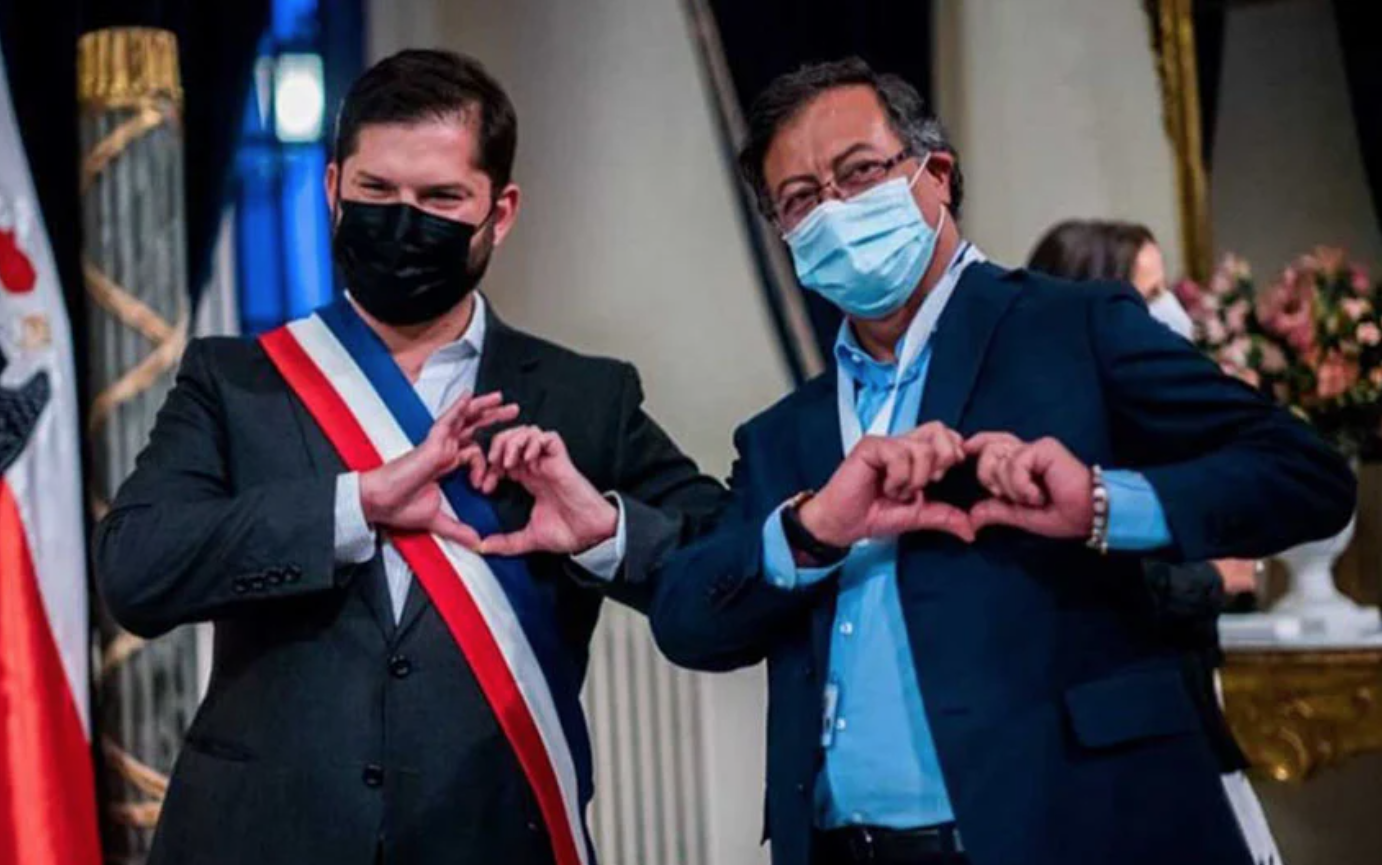The Brazilian political scientist Francisco Weffort challenged us in the early 1990s with an acute reflection on emerging democracies. New democracies: What democracies? was the title of a suggestive article in which he questioned the quality of the new democracies in Latin America and Eastern Europe. Paraphrasing the remembered author, it is worth asking whether we are facing a new turn to the left in the region and, if so, to which left(s).
About the (not so) “old” left turn
The emerging governments in Latin America during the first decade of the 21st century were representative manifestations of the so-called “left turn”. These governments emerged in an external context characterized by a “commodity super-cycle” between 2003 and 2011, a relative withdrawal of the United States from the region, and the increasing influence of other external actors, in particular China, and, to a lesser extent, Russia and Iran.
Two have been the main characteristics of this ideological-political cycle: its ideological heterogeneity and its political stability. In relation to ideology, there were three variants within the universe of the political left in the region: radical (Venezuela, Bolivia, Ecuador, and Paraguay), moderate (Brazil, Uruguay, Chile), and Argentina (more moderate in its beginnings; more radical at other times). This diversity was marked by three axes: first, the type of relationship with the market (more friendly/more hostile); second, the role of the State (more present/less present) and, third, the characteristics of democracy (incorporation or not of a participatory format).
As for the political stability experienced in the region, this is supported by the evidence. Out of 16 elected leaders in the 2003-2015 period, nine of them completed their term of office within the established deadlines; two are still in office (Daniel Ortega in Nicaragua and Nicolás Maduro in Venezuela); one has died in his fourth term (Hugo Chávez in Venezuela); one resigned at the end of his third term (Evo Morales in Bolivia); two presidents were removed by impeachment (Dilma Rousseff, in Brazil, during her second term and Fernando Lugo in Paraguay); and one was removed by the Legislative Branch (Manuel Zelaya in Honduras).
A new turn to the left or an anti-government turn?
A new political cycle has arrived in the region. If Lula da Silva’s electoral victory in Brazil’s October presidential elections is confirmed, we will find ourselves facing a scenario in which the five main economies of the region will be governed by parties, fronts, or coalitions of different expressions of the regional left: Argentina, Brazil, Chile, Colombia, and Mexico. In addition, there are cases such as Peru and Honduras, which have no strong political tradition on the left, and the chronic cases of Cuba, Nicaragua, and Venezuela.
As in the case of the previous wave, this time the panorama of the regional left is also heterogeneous. On the one hand, there is the Bolivarian branch (Cuba, Nicaragua, Venezuela); on the other hand, there are the countries where there is a dispute between mentors and successors (Alberto Fernández and Cristina Fernandez in Argentina; Evo Morales and Luis Arce in Bolivia; Vladimir Cerón and Pedro Castillo in Peru); that which is far from God and close to the United States (Andrés Manuel López Obrador in Mexico); that of the unknowns as to its direction (Lula da Silva in Brazil and Gustavo Petro in Colombia) or the reformist (Gabriel Boric in Chile).
At the same time, the “new” turn coexists with a long electoral cycle characterized by the punishment of the governments under different conditions. The exception has been that of Daniel Ortega, in Nicaragua, in a context far from the guarantees of a free, competitive, and transparent electoral process, typical of representative democracy. The anti-government climate coexists, moreover, with decreasing levels of social tolerance and shorter “honeymoons” for the new governments. In this scenario, the experiences of Pedro Castillo, in Peru, or Gabriel Boric, in Chile, and the defeat of the Frente de Todos in the legislative elections in Argentina in 2021, are very representative cases.
In short, ideological fragmentation, political polarization, punishment of old governments, and scarce tolerance for new ones seem to mark the new political moment in Latin America.
Translated from Spanish by Janaína Ruviaro da Silva













